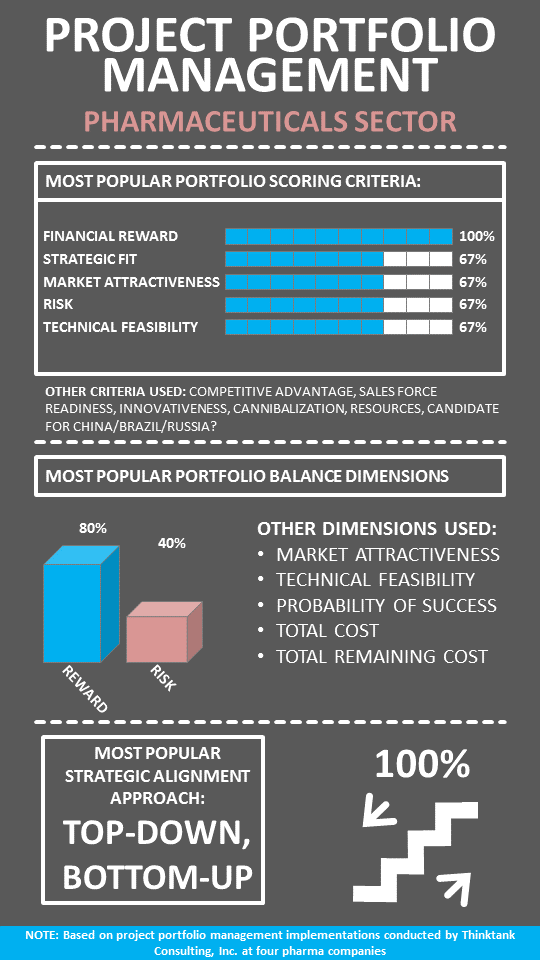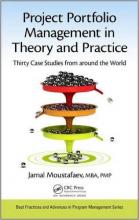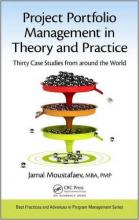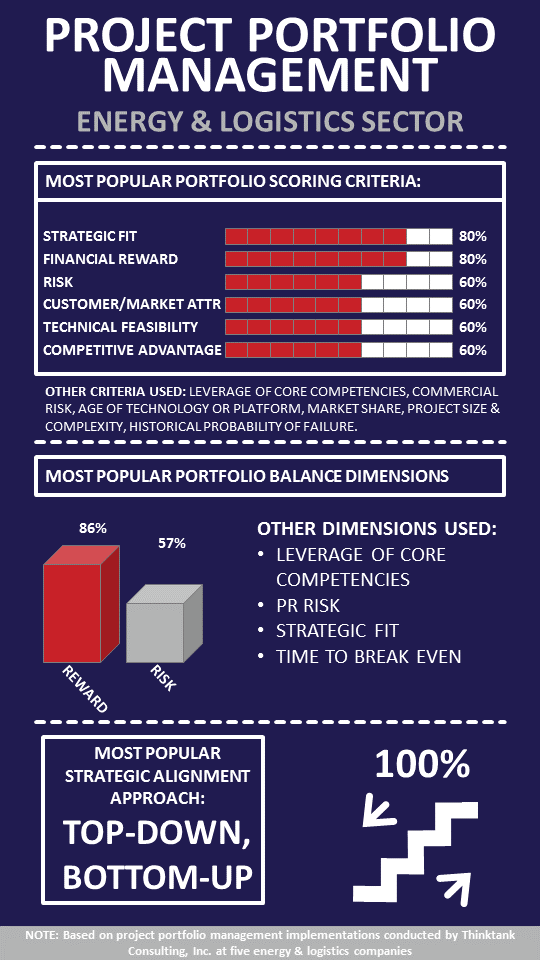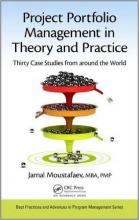Several variations of the following phrase have been attributed to a number of business leaders, politicians and, even scientists:
In order to be successful all you have to do is to hire a whole bunch of really talented people and abstain from interfering in their creative process.
I personally strongly disagree with this statement and want to share a study on the roots of project failures conducted by the Standish Group in 2006.
After, yet again, determining that our ability to deliver projects on time and on budget was seriously challenged, they went to the companies they were studying and basically asked the following question:
Our project delivery still sucks. Can you tell us why?
The results of that survey are presented in Table 1.
Table 1
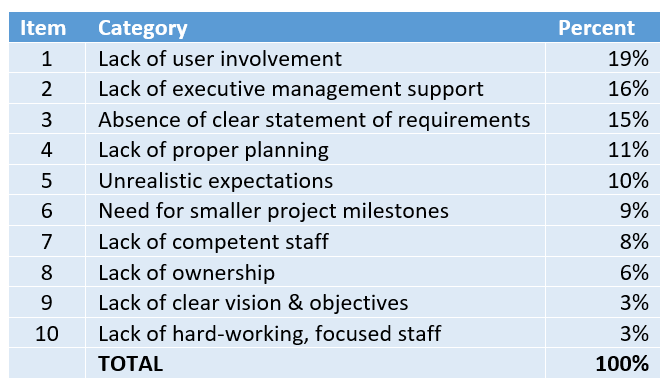
A quick perusal of the table should not surprise any project management professional. Yes, lack of user involvement will kill any endeavor. Same goes for lack of detailed requirements document. Yes, projects where customers expect a delivery of a Ferrari for a price of a bicycle, will most likely go considerably over budget …
But an interesting thin happens if we attempt to highlight all of the factors related to processes, planning and systematic approach, thus separating them from the “human” factors (see Table 2).
Table 2
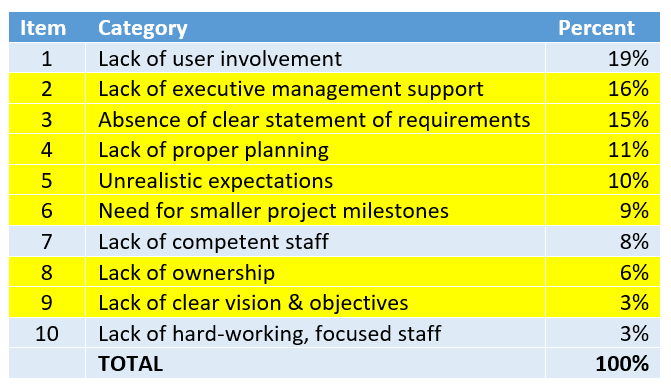
It turns out that 70% of project success is dependent on the underlying processes while only 30% can be attributed to the talents and industriousness of the team members!
To put it in perspective, let us imagine that we have two teams:
- Team A consists of absolute technical geniuses, but does not follow any processes and does not have a project manager.
- Team B is made up from “average” technical professionals, but follows proper processes and is lead by an experienced project manager
If you choose to believe the table above, it looks like Team B will beat team A 2 out of 3 times on any assignment we decide to allocate to them!

